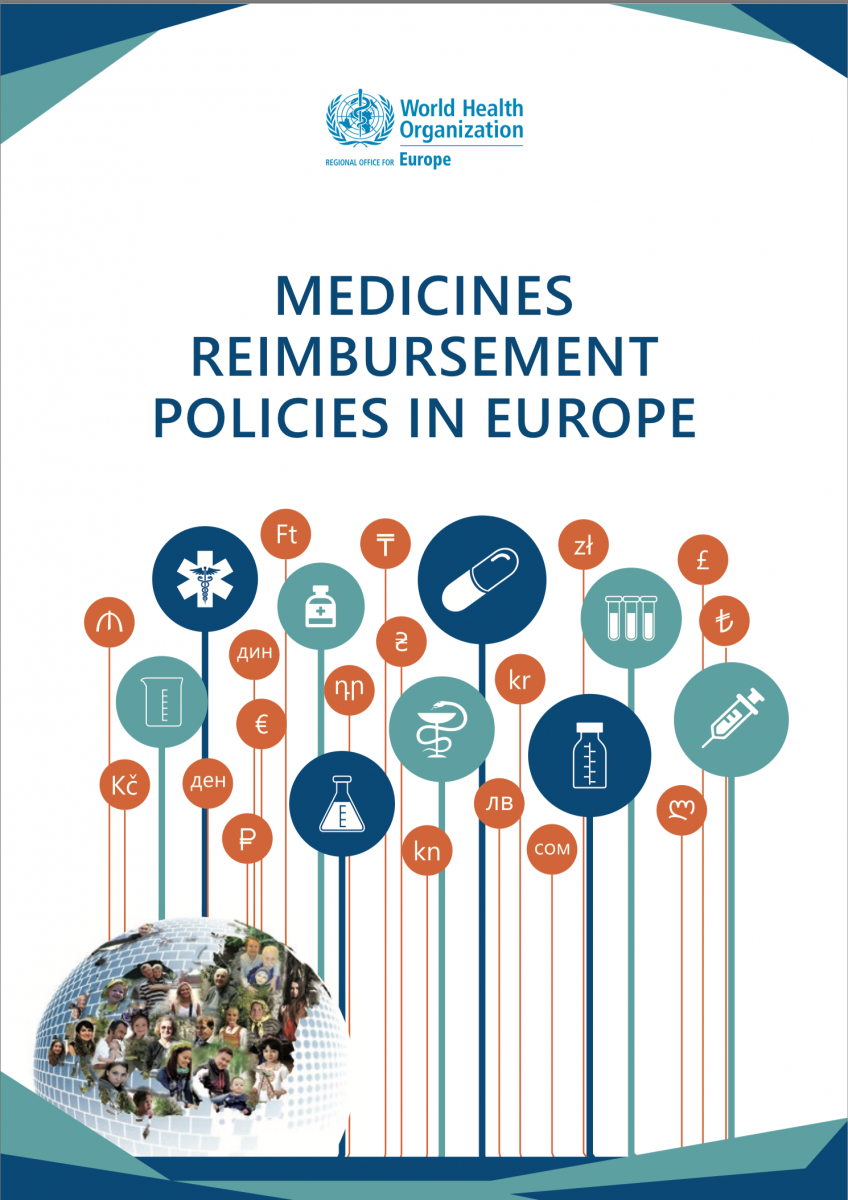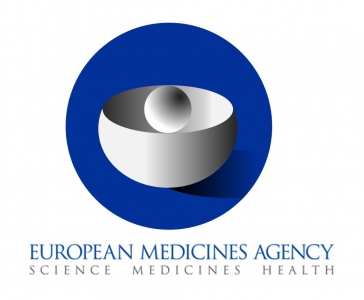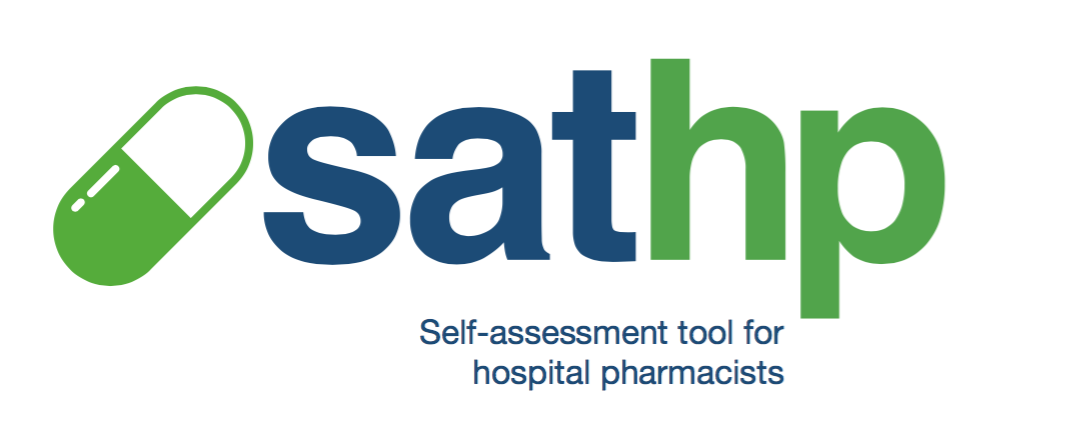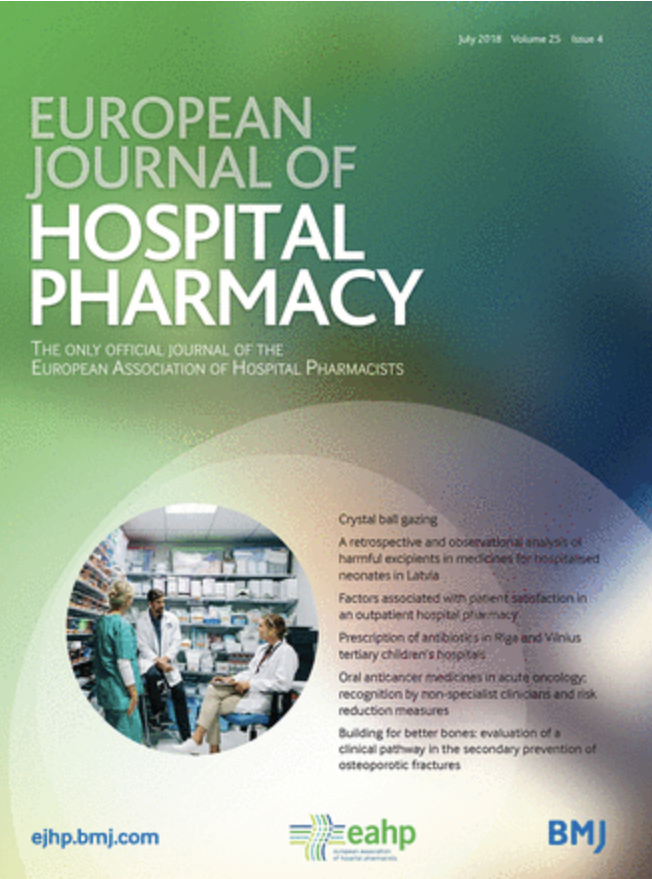The EAHP EU Monitor is a regular round up of news relevant to hospital pharmacy in Europe.
You can subscribe to receive the EAHP EU Monitor by email HERE.
Sign up for the Synergy Masterclass

In early October the European Association of Hospital Pharmacists (EAHP) will be launching its brand-new Synergy Masterclass series, a programme designed by healthcare professionals for healthcare professionals to learn about and discuss the most ground-breaking issues and trending topics in the hospital setting.
The first Synergy Masterclass – taking place on 5th and 6th October 2018 – will provide interested healthcare professionals with the opportunity to expand their knowledge on leadership, innovative medicines management strategies, decision-making and individual as well as team development. By joining this event at the Hotel Van der Valk Brussels Airport, participants will be enabled to network with specialists from different backgrounds that share their expertise on new concepts and recent progress in healthcare management.
Prominent lecturers will guide participants through the 2-day event filled with lectures and interactive workshops. By sharing current practices and trends in the future of management and leadership healthcare professionals will be equipped by our speakers with the tools that will help themin theirdaily practice.
Don’t miss this great opportunity to enhance your management and leadership skill!
Register HERE
Learn more about the programme HERE

WHO – Medicines reimbursement policies in Europe
The World Health Organisation (WHO) recently released a report on ‘Medicines reimbursement policies in Europe’ analysing different approaches throughout the WHO European region. Data was collected by means of a literature review, qualitative interviews in selected case study countries and a questionnaire completed by competent authorities including those collaborating in the Pharmaceutical Pricing and Reimbursement Information (PPRI) network.
Variations in expenditure and system organisation were found. Differences were notable in particular between outpatient and inpatient services. Since co-payment is mostly not mandated for the inpatient sector, the report focused mainly on the reimbursement policies for the outpatient sector. In this regard it looked at, the financial burden of co-payments which exists particularly for patients in lower-income countries. More detailed information was gathered for Azerbaijan, Finland, Greece, Kyrgyzstan, the Republic of Moldova, the Netherlands, Scotland/ the United Kingdom, Spain and Turkey in the context of the case studies which focused either on country specific reimbursement policies or progress towards universal health coverage.
Overall, the report highlights that there is no “one size fits all” model when it comes to reimbursement policies that could be used throughout the WHO Europe region. Nonetheless, principles such as prioritization, evidence based decision-making, real-world data generation, transparent and smooth processes, making use of the efficiency of lower-priced medicines, patient involvement in decision-making, systematic and regular evaluations and strategic design of policy measures were identified as tools for the improvement of affordable access to medicines.
Report HERE

News from the European Medicines Agency
This month’s roundup of the European Medicines Agency’s (EMA) activities features a review of bacterial lysate medicines, recommendations of the Pharmacovigilance Risk Assessment Committee (PRAC) on Xofigo, information on the Brexit preparedness of marketing authorisation holders and an update on the new clinical data publication policy.
Communications
EMA has started a review of bacterial lysate medicines since recent studies have cast doubt on its effectiveness in reducing the number and severity of respiratory infections in adults and children who experience repeated infections. The review will determine if the marketing authorisations for the medicines containing bacterial lysate should be maintained, varied or suspended across the EU.
More information HERE
PRAC has recommended restricting the use of the cancer medicine Xofigo (radium-223 dichloride) to patients who have had two previous treatments for metastatic prostate cancer (prostate cancer that has spread to the bone) or who cannot receive other treatments. This restriction confirms the PRAC’s previous interim recommendation that the medicine must not be used with Zytiga and prednisone/prednisolone. Xofigo should not be used with other systemic cancer therapies, except for treatments to maintain reduced levels of male hormone (hormone therapy).
More information HERE
Brexit preparedness
With the date of Brexit fast approaching, the EMA is continuously working on raising awareness among marketing authorisation holders. This is achieved through information notices on legal issues and guidance documents that are regularly updated. Earlier this year the EMA gathered data via a survey on the potential of supply shortages for centrally authorised products. Findings show that regulatory planning is on track for more than half of the centrally authorised products with an important step in their regulatory processes in the United Kingdom.
More information HERE
Clinical data publication
The first report on EMA’s policy on the publication of clinical data has been released. It features 50 medicines for which clinical data was published since the adoption of the policy. The results of a user survey of the clinical data website are also included in the report. It summarises the reasons of the different user groups for accessing the data and their views on its usability. Importantly, it shows that very few respondents disagree with EMA’s rationale for developing the policy. In addition, most respondents strongly agree that publishing clinical data increases public trust in EMA’s decision-making and that it allows the reassessment of clinical data.
More information HERE

EAHP Statement Corner – Already completed your SAT?
Have you already assessed the level of Statement Implementation within your hospital? Launched during the 23rd EAHP Congress in Gothenburg (March 2018), the online self-assessment tool is a new initiative allowing hospital pharmacists to checkthe level of implementation of the European Statementsof Hospital Pharmacy within their hospitals.
By assessing their hospital pharmacies, hospital pharmacists are not only able to understand the statement implementation level within their hospitals, but the tool also helpsthem to find out where they stand in comparison to others in their own country and abroad.
The tool also provides the means for hospital pharmacists to address the areas needing improvement with a tailor-made action plan and evidence-based resources. The tool allows pharmacies to show progress as it can be updated at any time. Remember that the official assessment needs to be done with the Chief Pharmacist!
Please find HERE a video explaining how you can use the tool to move towards implementation.
EJHP: Comparison of pharmacy technicians’ and doctors’ medication transcribing errors at hospital discharge

The online first edition of the European Journal of Hospital Pharmacy (EJHP) recently published an original article on the transcribing error rates of discharge prescriptions of pharmacy technicians and doctors in an acute hospital setting. The results of the analysis showed that pharmacy technicians have significantly lower discharge transcribing error rates compared with doctors. Their intervention could potentially improve patient safety and minimise inefficiencies from correcting errors.
Read more
————————————————————————————————

Consultations
EMA – Questions and answers on Bovine Spongiform Encephalopathies (BSE) and vaccines
The document contains an update of the information in the Public Statement on the Evaluation of Bovine Spongiform Encephalopathies (BSE). Since 2001, understanding of the risks associated with BSE has progressed significantly and a routine review of EMA guidelines identified this document as requiring updating. It includes information on the use of bovine derived materials in vaccine manufacture.
Deadline – 31stJuly 2018
More information HERE
EMA- Guideline on quality aspects included in the product information for vaccines for human use
The guideline describes the information on the quality aspects to be included in the Product Information of vaccines for human use.
Deadline – 31st July 2018
More information HERE
EMA- Reflection paper on investigation of pharmacokinetics and pharmacodynamics in the obese population
The reflection paper aims at describing how the effects of obesity can be investigated during clinical drug development, providing recommendations on when investigations of the effect of obesity on the PK of a drug should be considered, providing information on specific important considerations for these investigations and discussing how to reflect PK findings in weight/size based dosing recommendations.
Deadline – 31st July 2018
More information HERE
EMA- Draft addendum to the guideline on the evaluation of medicinal products indicated for treatment of bacterial infections to address paediatric-specific clinical data requirements
This addendum to the Guideline has been developed to provide specific guidance on paediatric clinical development programmes that are required to support the authorisation of antibacterial agents for treatment of infectious diseases in paediatric patients. This Addendum provides guidance on clinical data requirements to support the approval of an antibacterial agent to treat infectious diseases in paediatric patients, both when extrapolation of efficacy from adults (source population) to paediatric patients (target population) is possible, and when this is not the case.
Deadline – 30th August 2018
More information HERE
Commission – Targeted stakeholder consultation on duplicate marketing authorisations for biological medicinal products
The consultation seeks the views of interested parties on the specific issue of the impact of duplicate marketing authorisations of biological medicinal products on the availability of biosimilars to healthcare professionals and patients.
Deadline – 13th September 2018
More information HERE
EMA- Draft guideline on clinical evaluation of vaccines
This guideline addresses the clinical evaluation of vaccines intended for the prevention of infectious diseases. It includes considerations for trials intended to document the safety, immunogenicity and efficacy of new candidate vaccines and to support changes in the prescribing information of licensed vaccines. It also considers the need for and use of vaccine effectiveness studies.
Deadline – 30th October 2018
More information HERE































